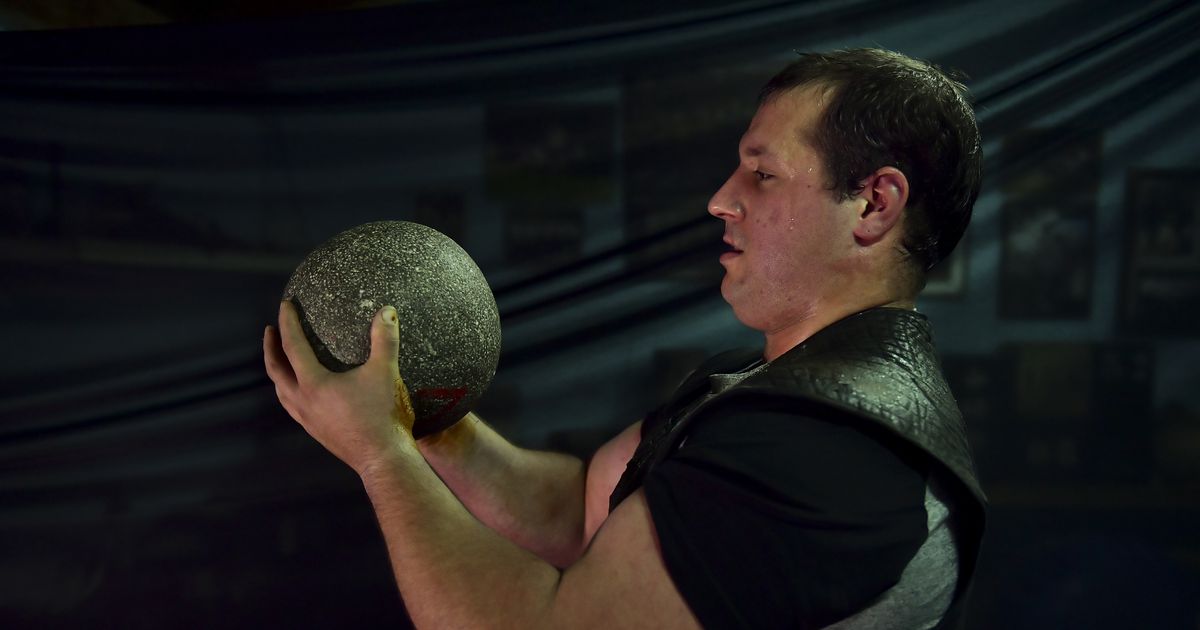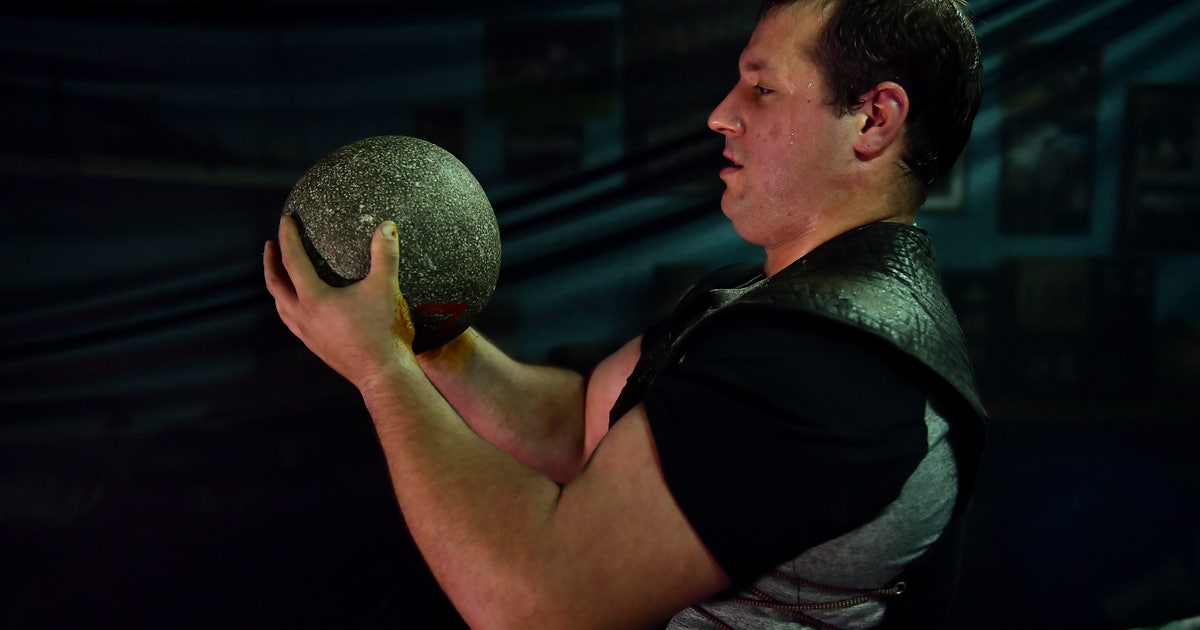Lifting 200-kilogram stones in Spain’s Basque Country


ZARAUTZ, Spain (AP) — Their faces contorted by the effort needed to lift 200 kilograms (440 pounds) or more, these burly competitors keep alive one of the traditional sports of Spain’s rural north one heavy stone at a time.
The “Harri-jasotze,” or “Stone Lifters” in the local language of the mountainous Basque Country region, gather in competitions held both indoors and in town squares to see who can claim to be the strongest.
After grabbing hold of the stones on the ground, they use three movements to lift them to shoulder height. The competition consists of four three-minute sessions, in which they have to pick up a given stone as many times as they can. The Stone Lifter who tallies the most total weight wins.
The stones are made of granite, weigh between 100 and 212.5 kilograms (220 and 470 pounds), and have the form of a cube, a sphere, a cylinder or a rectangle. The lifters, which include some women, use resin to help grip the stones. They wear knee protectors, a band wrapped around their torso, and a leather vest that leaves their thick arms exposed.
Inigo Eizagirre, 24, can raise a rectangular stone weighing 100 kilograms (220 pounds) up to 21 times in less than three minutes, a pace that gives him a chance to win a tournament.
There is no written record of the origin of the sport, but standardized weights were introduced at the start of the 20th century.
The record for single lift by a Harri-jasotze is held by Mieltxo Saralegi, who successfully picked up a stone that weighed 329 kilograms (725 pounds) in 2001.







